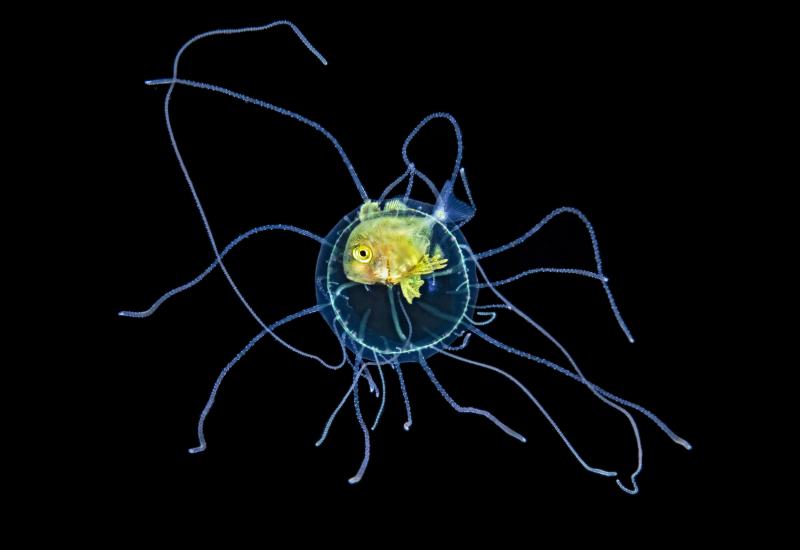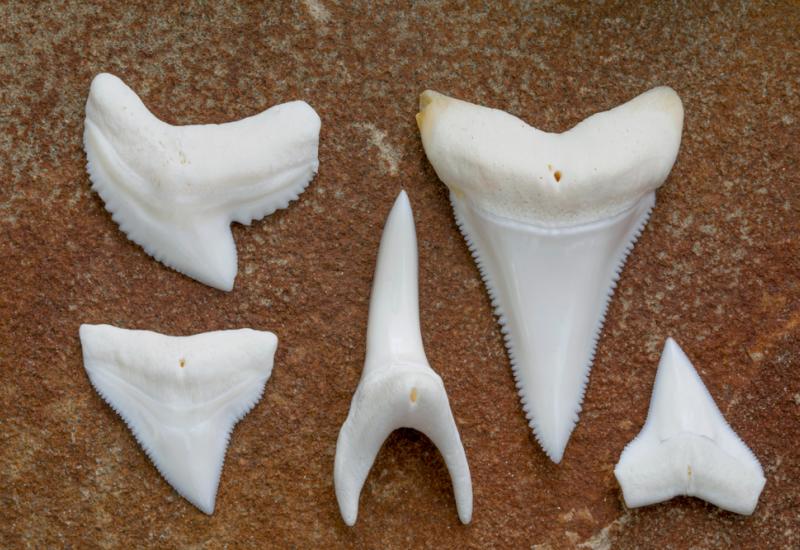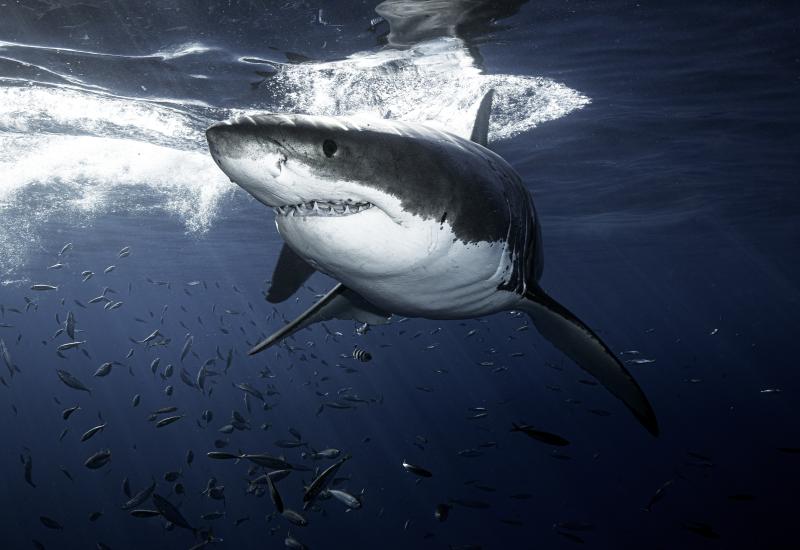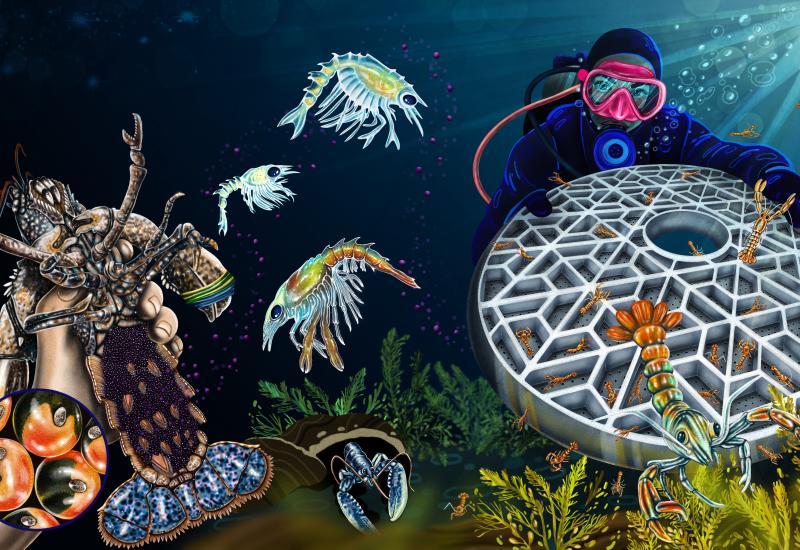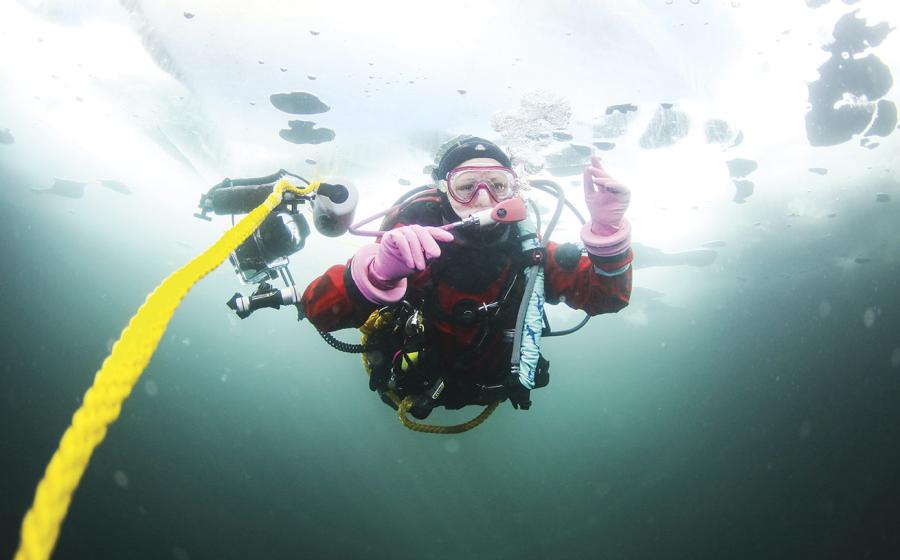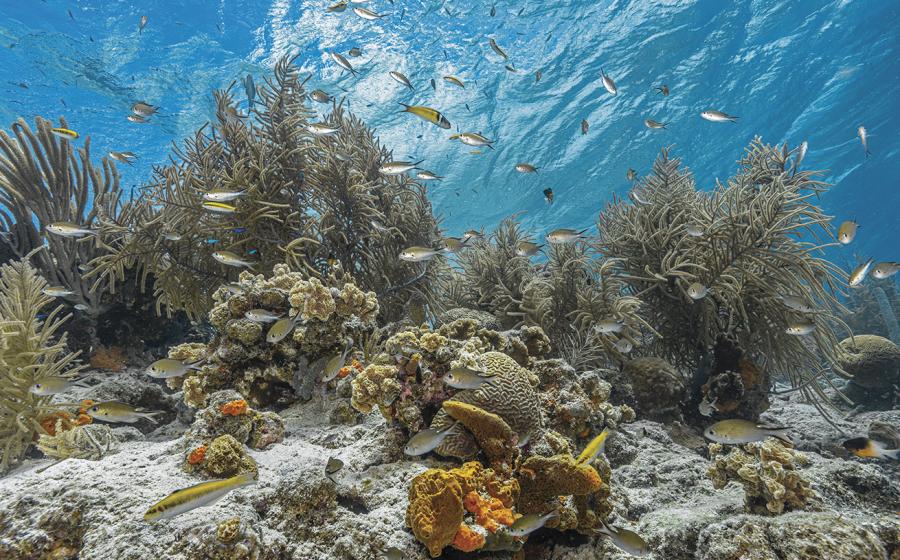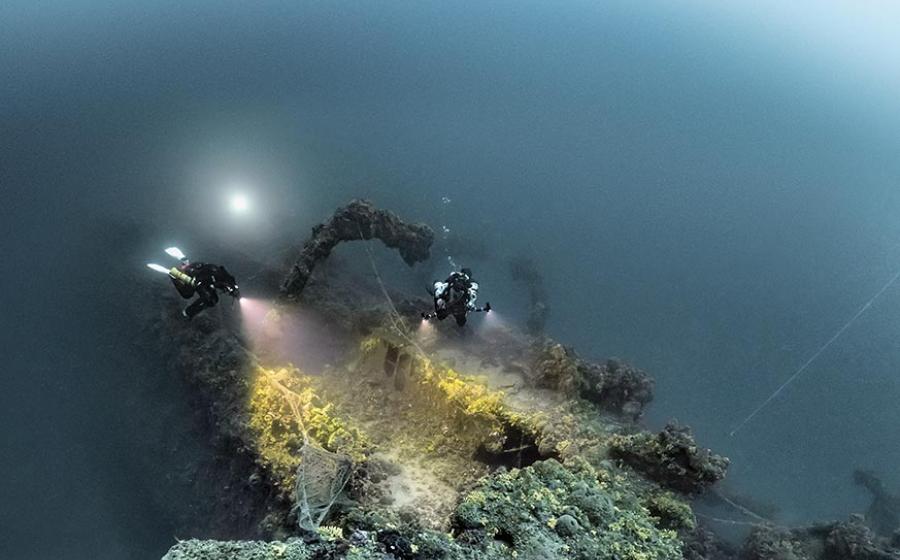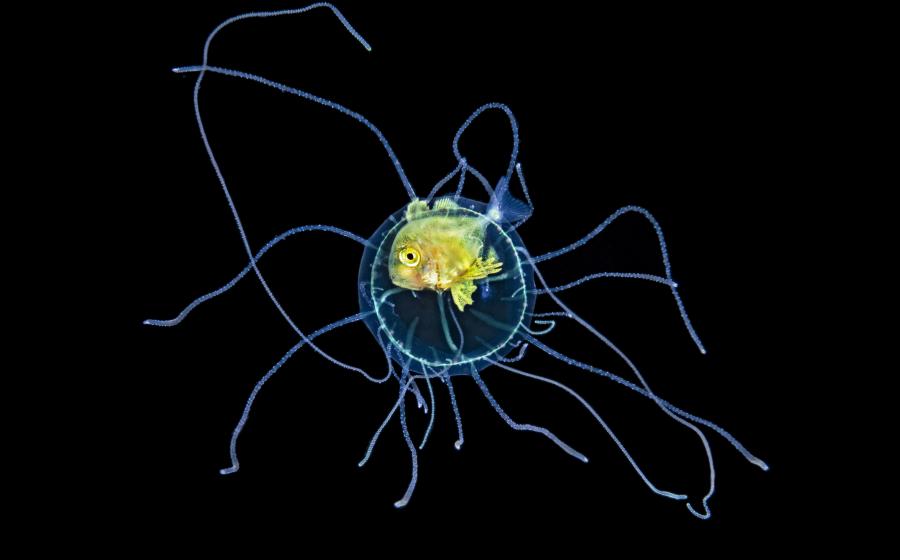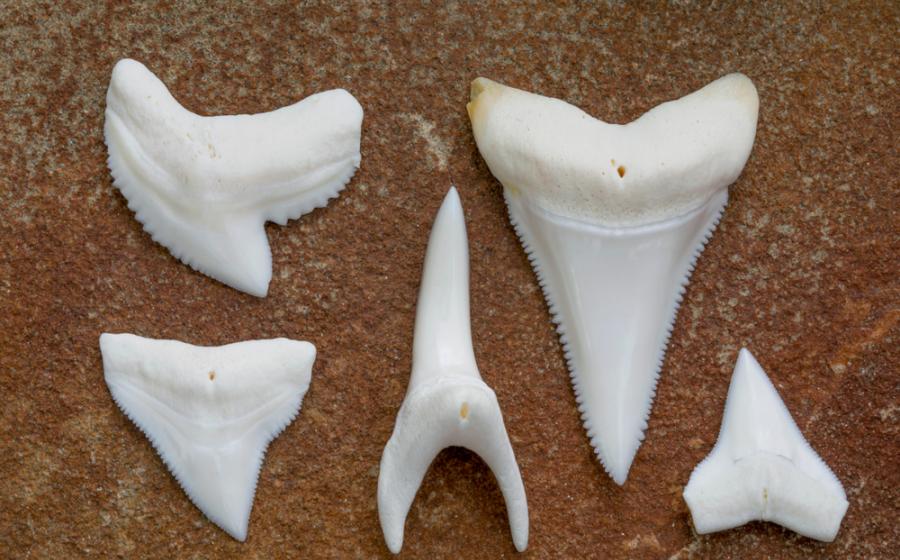Evolutionary Drift: An Interview with Our Closest Invertebrate Relatives

Patrick WebsterSalps, like this solitary Cyclosalpa affinis, are chordates that can reproduce both sexually and asexually.
Salps are a common companion to many a diver’s oceanic safety stop. Though these gelatinous filter-feeding drifters look rather alien, they’re some of our closest invertebrate relatives—here’s how a conversation with them might go…
Scuba Diving Magazine: Thanks so much for taking the time to talk about current events with us, Salp!
Salp: Oh it’s no problem at all. We were all just drifting through town anyway. Glad that our schedules synced up!
SDM: Indeed! You are a rather elusive interview subject—sometimes you’re around in massive swarms, washing up on beaches, carpeting the seafloor, clogging power plant intake pipes…
Salp: Yeah, whoops. Sometimes we just get carried away you know…
SDM: No judgment here! It’s always a highlight when you’re around, but then it’ll be months until we catch a glimpse of you again. Can you tell us a little bit about what’s going on there?
Salp: Definitely! And first of all, I just wanted to say that it’s nothing personal—we’re all huge fans of what you have going on!
Related Reading: Six Ways to Tackle Plastic Pollution Every Day
SDM: What do you mean by that?
Salp: Well, you humans took it to the next level, you know? Like, when we were both younger (evolutionarily), we had similar anatomical features: the beginnings of a spinal column; a dorsal neural tube; gill slits; a post-anal tail and an endostyle! Remember those days?
SDM: Oh wow, it’s been a minute for us on some of those…
Salp: Yeah that’s what I mean—y’all tetrapods are so innovative. That endostyle became your thyroid potentially, right? And I think most of you landlubbers are ditching the gill slits pretty early on these days, but come on—a full-blown backbone and spinal cord? That’s so solid! Tell me you still have your tails too…
SDM: Oh, about that... Anyway, you’re saying that you, Salp, didn’t build your palace around vertebral columns?
Salp: Yeah, exactly. I dunno if it’s evolutionary commitment issues, or if we just had such a good thing going that there wasn’t a need, you know? Like none of us were ready to settle down and get married to the idea of becoming a full-fledged vertebrate. I think we’re all more comfortable going with the flow and staying in the chordate-ing phase.
SDM: Totally understood—and by the looks of it, you’re doing very well for yourselves out there in the water column! You’re consistently one of the most abundant and productive gelatinous zooplankton, you’ve perfected jet propulsion as a way to move around and you’re one of the primary drivers of the ocean’s biological carbon pump. You directly influence the planet’s climate, Salp. Give yourself some credit!
Salp: Aw, well, thanks. I suppose that once you commit to being a glorified pasta- strainer-in-a-barrel with a water based butt booster, there’s an endless amount of ocean to sift through so you’re gonna be busy, with very little downtime. Unless of course you’re talking about our, uh, you know—
Related Reading: How to Check Water Conditions When Planning a Dive
SDM: You can say it, there’s no filter needed in this space.
Salp: Our poop is real dense, you know? All those fecal pellets we’re churning out, they sink and bring the surface’s produce down to the deep sea like a fecal farmer’s market.
SDM: For so many ocean animals, your number two is number one—and it comes with such sacrifices! Your life just seems like such a roller coaster. How do you deal with the bloom and bust?
Salp: It’s all about going with the flow, you know? We’re born females all attached at the hips, each one of our eggs fertilized by older chains that transitioned into being males after giving birth. And then, once an egg is fertilized and goes free solo into the plankton, it’ll grow into a salp chain-producing factory, releasing long strands of female clones into the water, linking the generations together.
SDM: That’s fascinating. Well, thank you so much for your time, Salp—I think we’re about out of time.
Salp: Thank you so much. Maybe we could do it again sometime.
SDM: Have a good drift, Salp!
Salp: Best fishes to you all, and hope to sea you out there!
Related Reading: How Marine Animals Are Playing a Vital Role in Saving Our Planet

